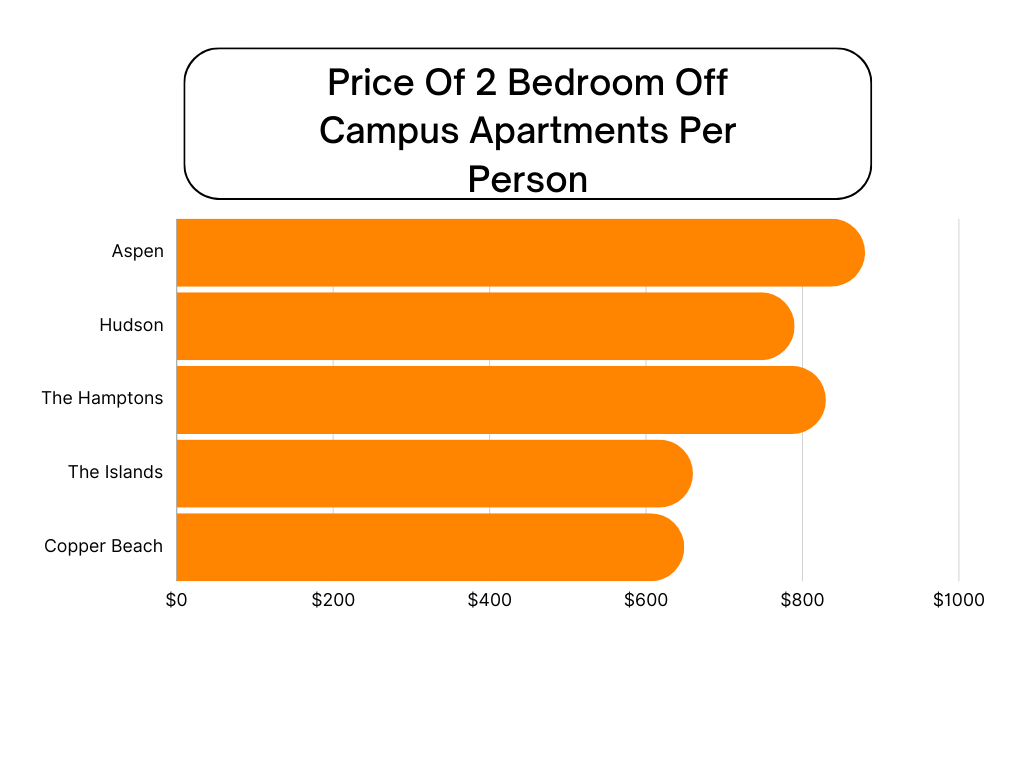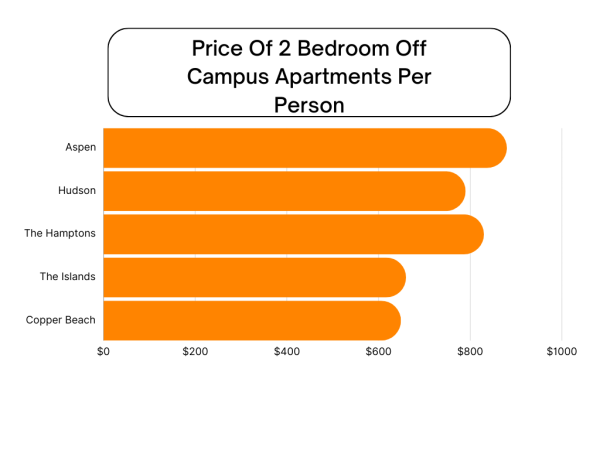Princeton Review recognizes GSU for sustainability
April 23, 2013
The Princeton Review and the Center for Green Schools named Georgia Southern University as one of the country’s most environmentally responsible “green colleges” for the third year in a row.
“This great honor has put us on the nation’s sustainability map and indicates that our academics, facilities and policies lead the country in a commitment to taking care of our limited natural resources and finding solutions to sustainability issues,” Lissa Leege, director of the Center for Sustainability, said.
GSU was one of 322 schools chosen by “The Princeton Review’s Guide to 322 Green Colleges: 2013 Edition,” for a commitment to sustainability in academic offerings, campus infrastructure, activities and career preparation, according to a news release from GSU.
“I think the big picture of (being named a green college) means that we are making progress and being better stewards of our environment,” Casey Jones, assistant director of marketing and communications, said.
This honor comes as GSU reaches the end of “No Impact Week,” a yearly event that focuses on teaching students how to be more environmentally conscious and responsible.
“No Impact Week” concluded yesterday in the Nessmith-Lane Conference Center with a discussion of Georgia’s future energy needs, according to the news release.
The event featured a panel, which included Congressman John Barrow, along with representatives from utility agencies and environmental groups.
“The panelists represent an array of energy options for Georgia and can help us to understand the promise of each for the energy future of the Southeast,” Leege said.
Last week, the Board of Regents of the University System of Georgia approved a $10 sustainability fee that will be used to support the Center for Sustainability with speakers, events, outreach and promotion of sustainable solutions, Leege said.
Over 75 percent of the student population voted in favor of this fee, according to the news release.
“(Students) realize that we all have the responsibility to each do his or her part to make a difference. As times have changed, people have become more aware of the need to preserve and protect our environment,” Jones said.
“In addition, the fee will help to support sustainability efforts on campus to be determined by students, potentially including such advances as building retrofits and relamping,” Leege said.
Retrofitting will consist of fitting older buildings with newer, more energy efficient fixtures like windows and light bulbs.







